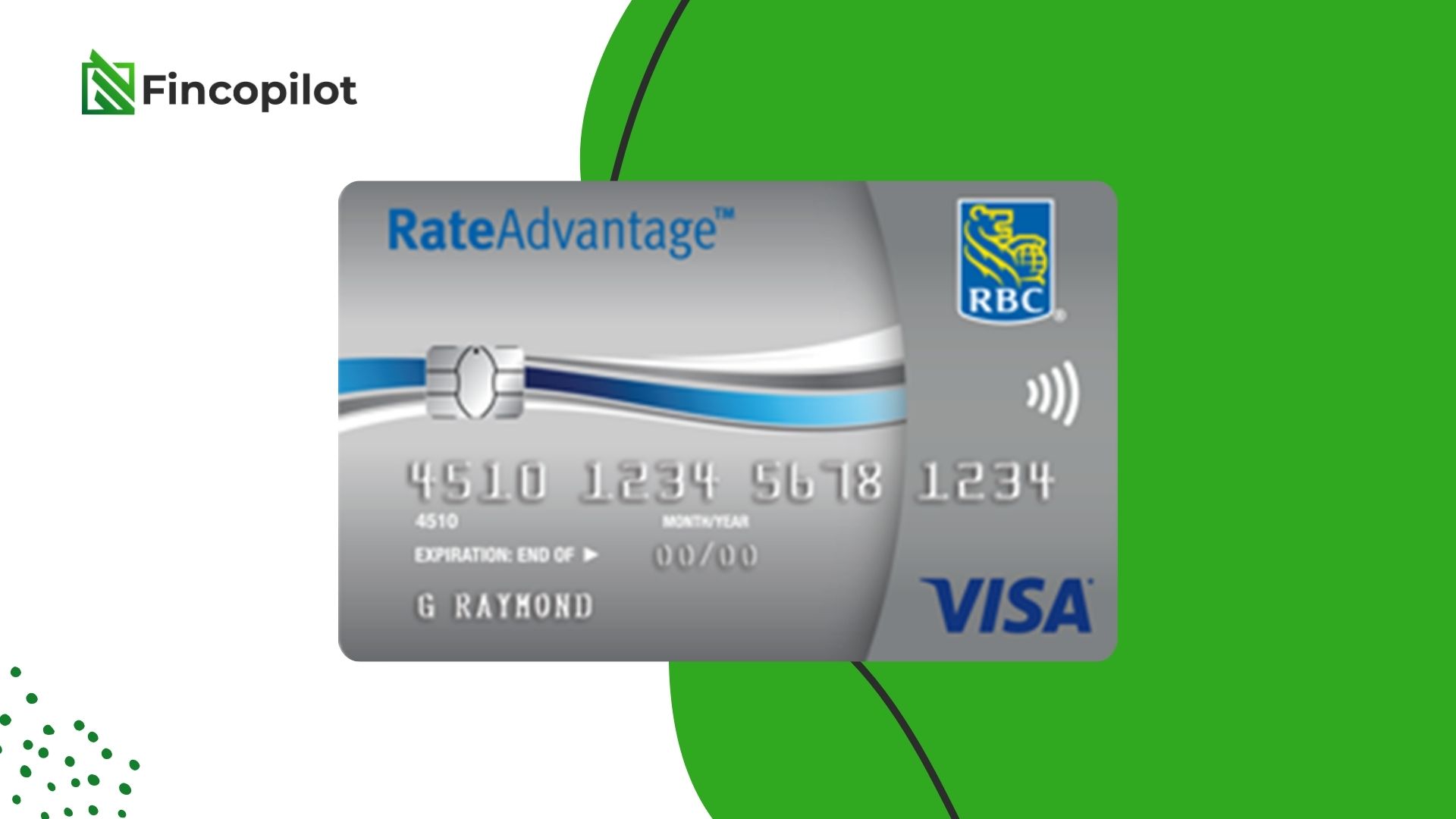In an era dominated by digital technology, ensuring teens’ online safety has become a top priority for parents. Because the widespread expansion of the Internet presents both opportunities and risks, it is critical to develop guidelines and promote open communication to protect the well-being of young people. Here are some effective strategies to help you navigate the digital landscape and create a safe online environment for your children.
1. Open Dialogue
Communication is the cornerstone of cybersecurity. Have an open conversation with your teen about the potential dangers and benefits of the Internet. Encourage them to share their online experiences, friends, and activities. This builds trust and helps you better understand their online world.
2. Set Clear Boundaries
Setting clear boundaries is crucial for responsible online behavior. Define acceptable screen time, appropriate websites, and social media platforms. Emphasize the importance of respecting your own privacy and that of others. Setting boundaries in advance creates a sense of structure and responsibility.
3. Educate Yourself About Online Threats
Educate your children about common online threats such as cyberbullying, phishing, and identity theft. Give them the knowledge to identify suspicious activity and encourage responsible online citizenship. Stay up to date with the latest online trends and threats to better guide and protect your teens.
4. Use Parental Controls
Take advantage of the parental control tools offered by your ISP and device manufacturer. These tools allow you to monitor and monitor your teens’ online activities, including the content they access and the time they spend online. Check these controls regularly and adjust them as necessary.
5. Encourage Positive Online Relationships
Help your teen build positive relationships online. Emphasize the importance of treating others with respect and kindness. Discuss the potential consequences of sharing personal information and the importance of maintaining a positive digital footprint.
6. Stay Up to Date on Social Media
Social media is an important part of teens’ online lives. Stay informed about the platforms they use, including the latest features and potential risks. Consider setting up your own account to better understand what’s going on and communicate with your kids online.
7. Be a Role Model
Demonstrate responsible online behavior by being a positive role model. Actions speak louder than words, and demonstrating good online habits sets the foundation for your teens to follow suit. Share your own experiences and challenges and develop a sense of camaraderie as you navigate the digital world.
8. Monitor Online Activities without Interruptions
While it’s important to understand your teens’ online activities, balance is also critical. Avoid intrusive surveillance that could invade their privacy and erode trust. Instead, try to strike a balance by regularly checking out their online interactions, but without being too intrusive. This approach allows you to stay alert while respecting their need for independence.
9. Teach Critical Thinking and Digital Literacy
Give your teen the critical thinking skills to navigate the vast ocean of information online. Teach them to assess the credibility of sources, identify reliable and unreliable information, and question the content they encounter. Learning digital literacy ensures that they can make informed decisions in the online world.
10. Create a Support System
Encourage your teen to build a supportive online community. Whether it’s friends who share common interests or participating in positive online forums, having a support system can mitigate the negative effects of the Internet. Emphasize the importance of reporting inappropriate behavior and seeking help when necessary.
11. Update Security Measures Regularly
Be proactive when it comes to securing your devices and online accounts. Update your antivirus software regularly, enable two-factor authentication, and use strong, unique passwords. This helps protect teens’ digital assets and minimizes the risk of unauthorized access or cyber threats.
12. Pay Attention to your Mental Health
The online world can have a significant impact on mental health. Watch for signs of anxiety or behavioral changes in your teen. Encourage open discussion about their online experiences and emotions. If necessary, seek professional guidance to address any mental health concerns arising from online interactions.
13. Familiarize Yourself with the Privacy Settings
Different online platforms offer different privacy settings. Take the time to familiarize yourself with these settings on the platforms your teen uses. Adjusting privacy controls can improve the security of your personal information by limiting access to it and ensuring a safer online experience.
14. Emphasize the Importance of Offline Activities
Balancing online and offline activities is crucial for a well-rounded lifestyle. Encourage your children to participate in sports, socialize with friends in person, and pursue hobbies outside the digital world. This balance promotes a healthy relationship with technology and reduces the risks associated with excessive screen time.
15. Stay on Top of Emerging Trends
The digital environment is dynamic and new trends and challenges are constantly emerging. Stay up to date with the latest apps, social media platforms, and online phenomena. With this knowledge, you can respond to changing risks and guide your children in the ever-changing online environment.
Conclusion
By incorporating these strategies into your parenting approach, you can develop a comprehensive plan to keep your teens safe online. The key is to maintain a balance between vigilance and trust so that they can make responsible choices in the digital age.
FAQs
1. Why is online safety important for teens?
Online safety is crucial for teens to protect them from threats such as cyberbullying, inappropriate content, and potential online predators. It also helps promote responsible digital citizenship.
2. How do I start a conversation with my children about online safety?
Start by expressing your concern for their well-being and creating an open, non-judgmental space. Ask them about their online experiences and listen actively to make sure they feel comfortable sharing their thoughts and concerns.
3. What are the signs that my child may be having trouble accessing the Internet?
Watch for behavioral changes, such as withdrawal from social activities, mood swings, or reluctance to discuss online activities. Sudden changes in device usage patterns or covert behavior can also be indicators.
4. How can we balance monitoring teens’ online activities without violating their privacy?
Maintain a balance by communicating openly and regularly reviewing their online interactions. Avoid intrusive monitoring and instead focus on cultivating confidence and independence while remaining vigilant.
5. Are there any specific parental control tools you recommend?
Take advantage of the parental control tools offered by your ISP and device manufacturer. These tools allow you to monitor and manage content and screen time. However, it is important to regularly review these controls and adjust them as necessary.



